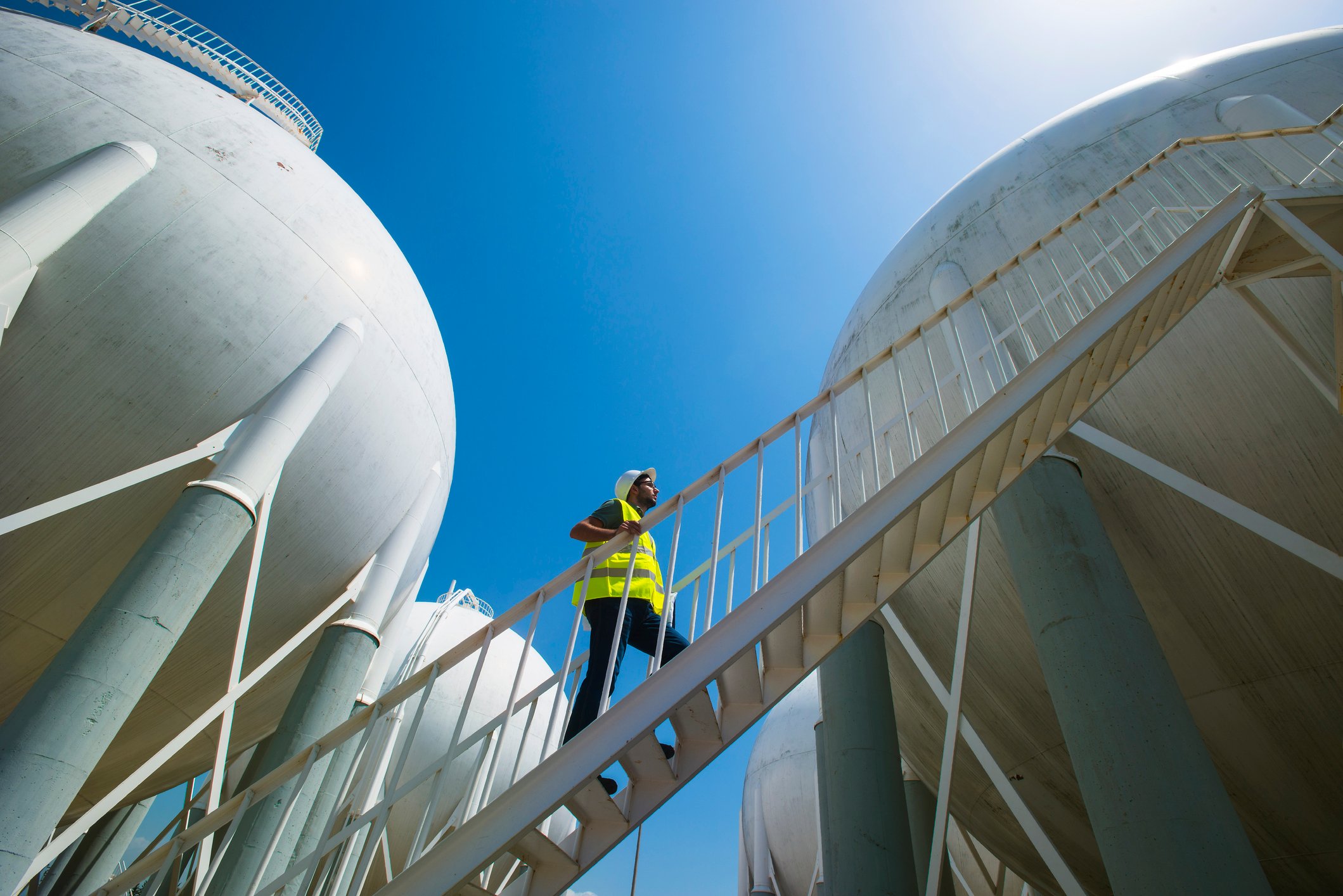What is the role of a chemical operator?
Chemical operators are instrumental in ensuring the efficient and safe production of petroleum products and chemicals used in various oil and gas processes. As experts in operating chemical processing equipment, their primary responsibility is to handle the manufacturing and treatment processes while adhering to strict safety and quality protocols.
Ready to take the next step?
Apply now for a job as a chemical operator
What do chemical operators do?
Chemical operators are responsible for various tasks related to chemical processing and production. They carefully monitor and control chemical reactions, maintaining precise temperature, pressure, and other parameters to achieve desired outcomes and meet quality specifications. Safety is of utmost importance for chemical operators.
Before commencing their tasks, they conduct thorough inspections of the equipment to ensure proper functioning and promptly report any abnormalities or issues to the maintenance team. During chemical processing operations, they strictly adhere to safety protocols and guidelines, ensuring the safe handling of potentially hazardous materials and maintaining a secure worksite environment.
Chemical operators also collaborate closely with other team members, such as engineers and technicians, to achieve production targets and address any process-related challenges effectively. Effective communication is essential as they exchange information with colleagues regarding process adjustments, quality control, and maintenance requirements.
Beyond their core responsibilities in chemical processing, operators are also involved in basic equipment maintenance tasks. They regularly clean and lubricate the machinery to ensure optimal performance and extend its longevity.
Where do chemical operators work?
Chemical operators have diverse employment opportunities since they play a crucial role in the production and treatment of petroleum products and chemicals used in various oil and gas processes.
Common workplaces for chemical operators in the oil and gas industry include oil refineries, petrochemical plants, natural gas processing plants, offshore platforms, chemical injection facilities, pipelines and terminals, research and development laboratories, other specialized service providers. They may also work for government agencies involved in regulating the industry's safety and environmental standards.
Common chemical operator responsibilities:
Operate specialized chemical processing equipment skillfully to facilitate the production and treatment of petroleum products and chemicals;
Conduct thorough pre-operation inspections to ensure the equipment's proper functioning and promptly report any issues or abnormalities;
Adhere strictly to safety protocols and guidelines during equipment operation and chemical processes to mitigate potential hazards and maintain a safe work environment;
Collaborate effectively with team members, including engineers and technicians, to ensure smooth workflow and achieve production targets;
Perform basic maintenance tasks on the equipment, including regular cleaning, troubleshooting, and minor repairs;
Demonstrate precision and efficiency while handling chemical processes to optimize productivity and maintain product quality standards;
Monitor chemical reactions and processes, making real-time adjustments to maintain optimal operating conditions and meet quality specifications;
Record and document data related to production processes, ensuring accurate and comprehensive records are maintained for regulatory and quality control purposes;
Participate in the implementation of new chemical processes or improvements to existing processes, working closely with the technical team;
Comply with all relevant safety, environmental, and industry-specific regulations to ensure a safe and compliant work environment.
Qualifications for chemical operators:
To become a chemical operator in the oil and gas industry, candidates should have a high school diploma or equivalent. An advanced degree, such as an Associate’s degree or Bachelor’s degree, offers more job opportunities.
Many employers prefer candidates with prior experience in chemical manufacturing or operating chemical processes.
However, some companies offer on-the-job training for candidates with a strong technical aptitude and a keen interest in the oil and gas industry.
Other essential qualifications include:
- Basic understanding of chemical processes and equipment specific to the oil and gas sector;
- Strict adherence to safety protocols and guidelines, with a focus on handling potentially hazardous materials;
- Strong analytical and problem-solving skills to monitor and troubleshoot chemical processes effectively;
- Effective communication skills to collaborate with team members, engineers, and technicians;
- Physical fitness and stamina to meet the demands of the job, including the ability to work in challenging environments and weather conditions;
- Attention to detail and a commitment to maintaining quality and precision throughout the production and treatment processes.




